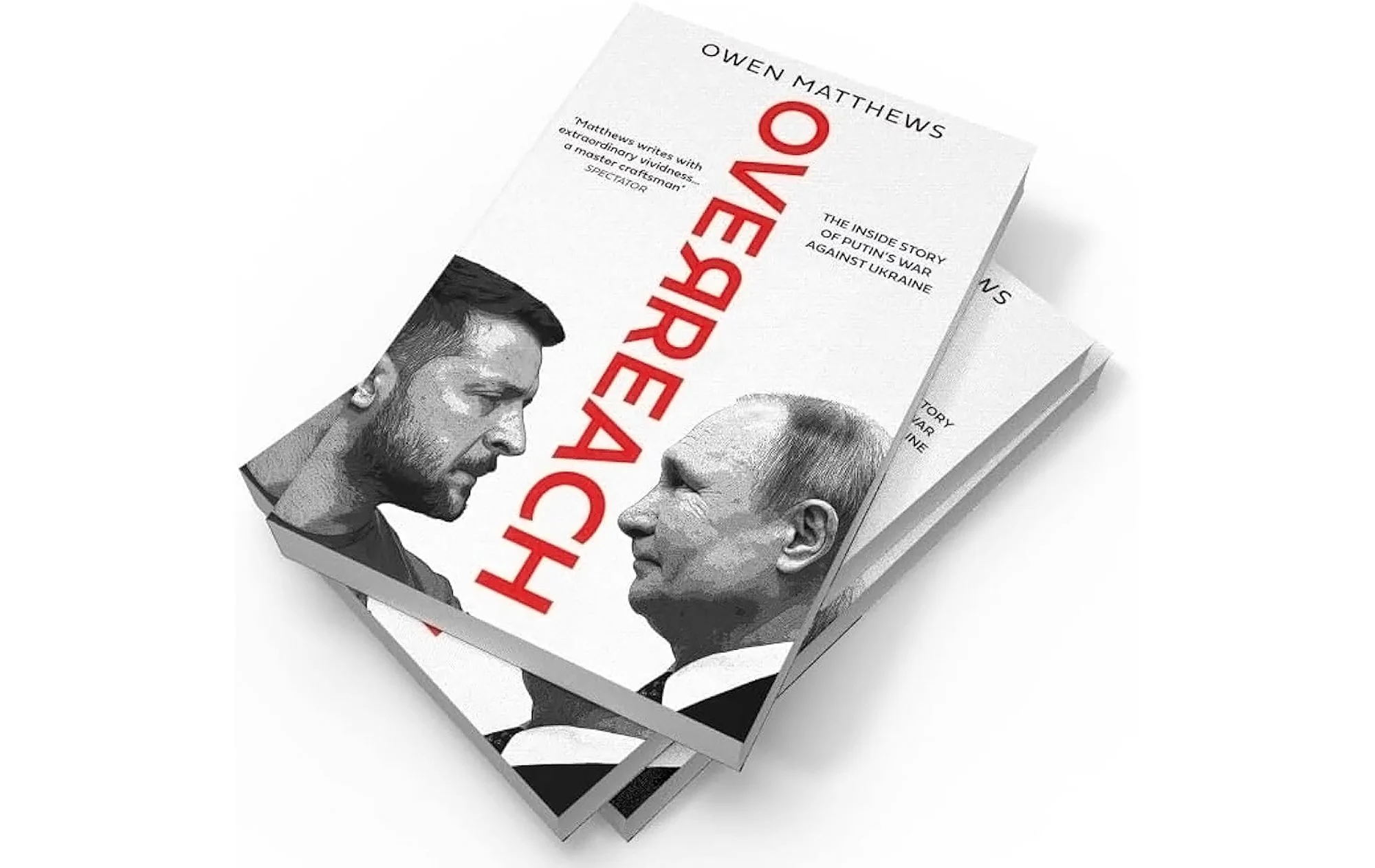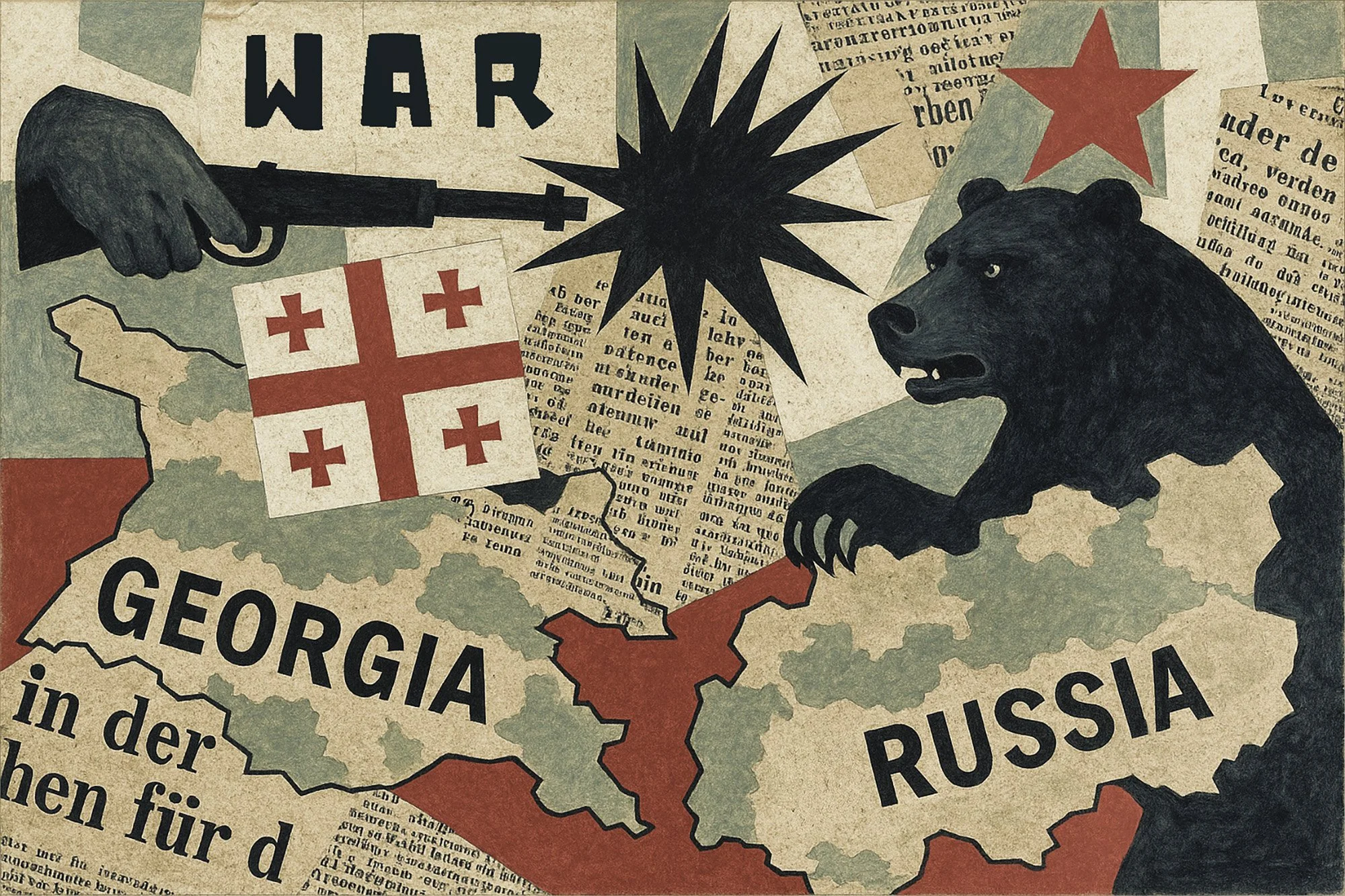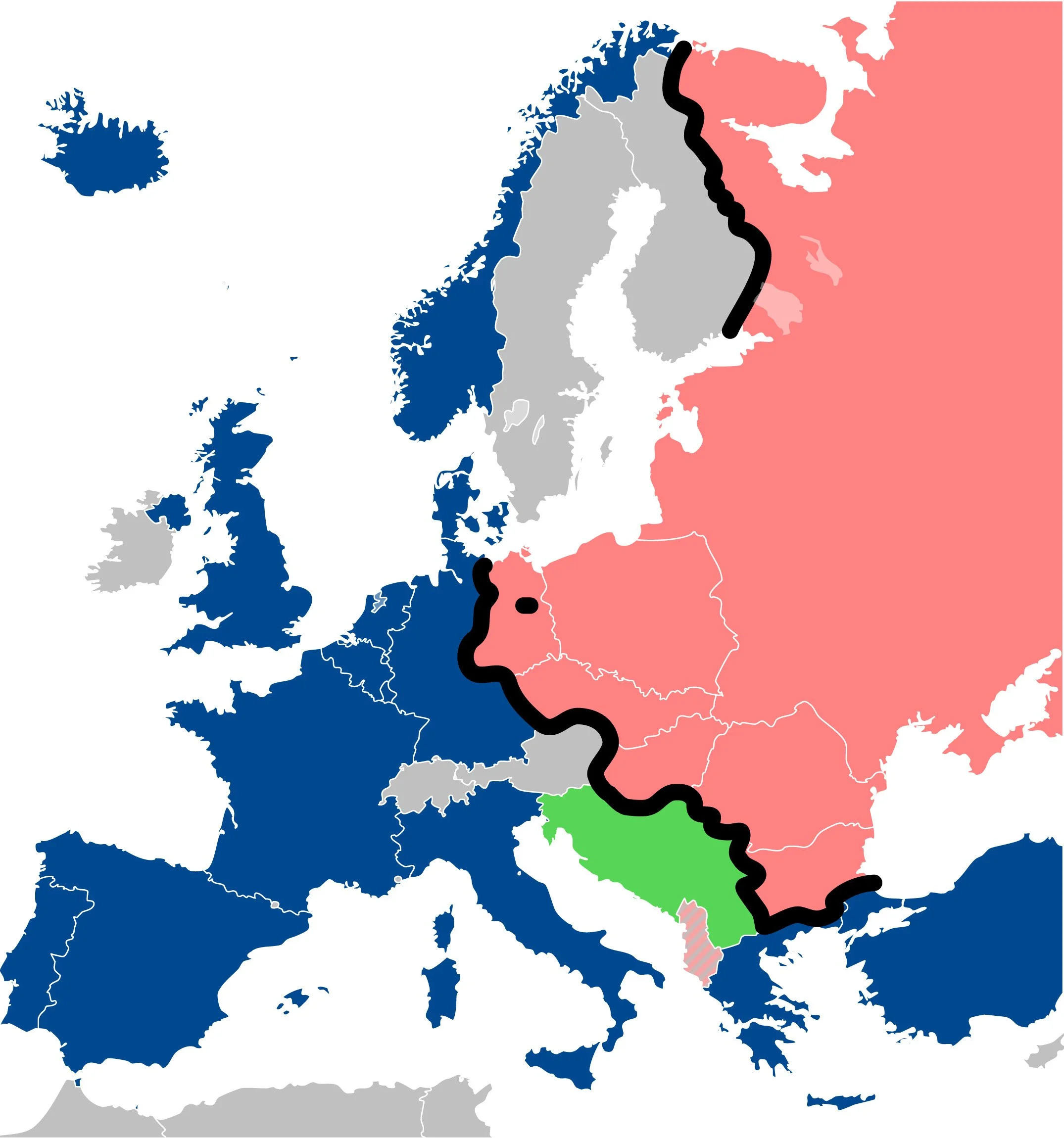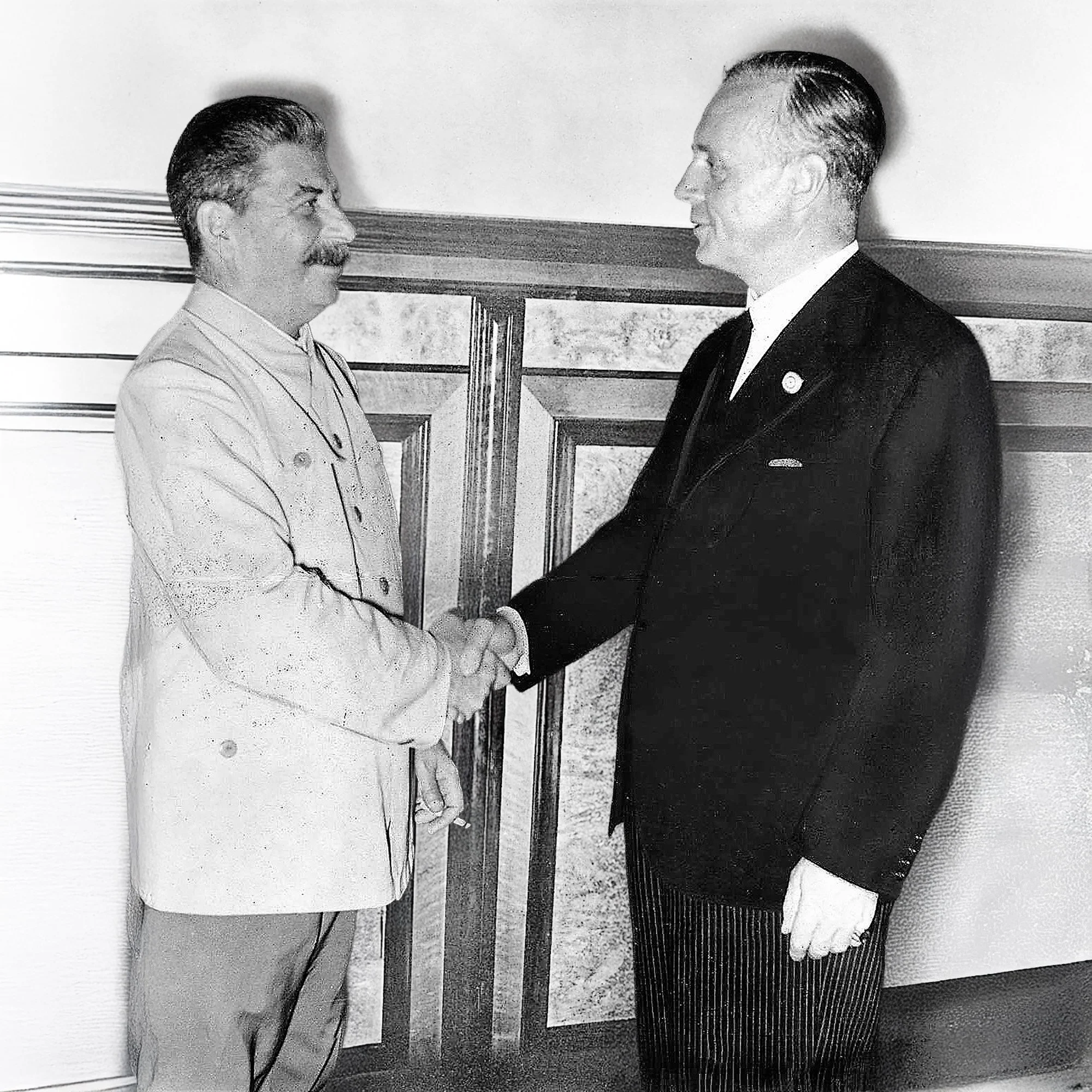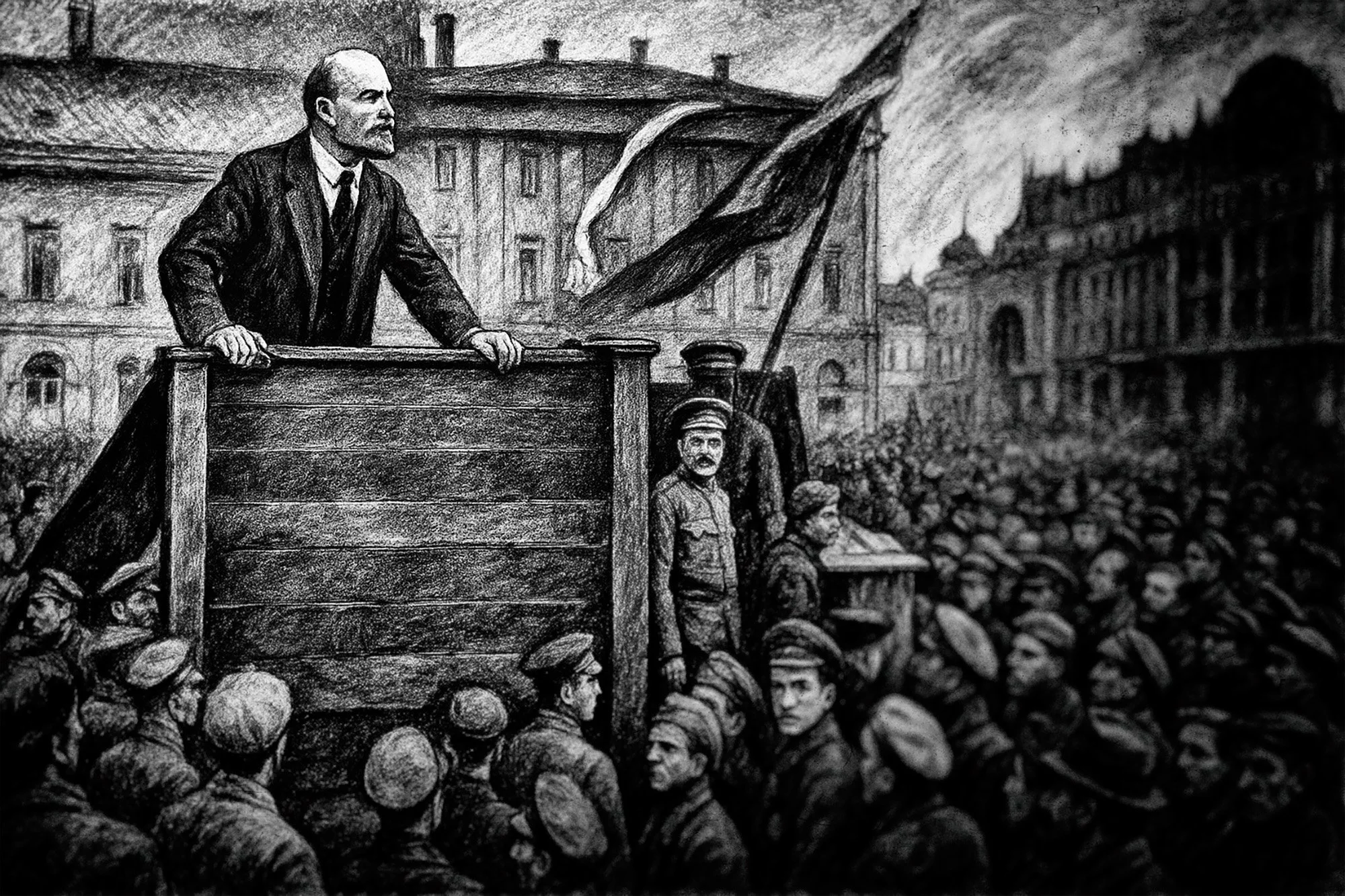Matthews, Owen. Overreach: The Inside Story of Putin’s War Against Ukraine (2023). - Image by amazon.com.
I recently came across Overreach: The Inside Story of Putin’s War Against Ukraine by Owen Matthews — a book that reads with the fluency of frontline reporting and the authority of someone who has seen Russia from the inside. Matthews, a veteran Moscow correspondent, writes with speed and confidence, stitching together intelligence leaks, diplomatic whispers, and battlefield accounts into a sharp, coherent narrative.
At its best, Overreach captures the extraordinary convergence of misjudgments that led to the invasion: a leader sealed off from reality, an army unready for the war it was told to win in three days, and a West too entangled in its own cynicism to believe the warnings. Matthews reconstructs the atmosphere inside the Kremlin with the precision of a journalist who has cultivated his sources well. His portrait of Putin is chilling — not the omnipotent schemer of Western caricature, but an aging ruler trapped in his own mythology, convinced that history is waiting for his final act.
But this clarity comes at a price. Matthews’ narrative occasionally slides into neatness — a story too elegantly told for a conflict that remains chaotic, contradictory, and unresolved. The reader rarely encounters the moral murk, the grey zones of complicity and fatigue that define real war. Ordinary Russians appear mostly as footnotes to elite decision-making, and Ukraine’s agency, while acknowledged, is often framed as reaction rather than initiative. The analysis sometimes echoes the Western policy consensus more than it interrogates it.
Still, Overreach succeeds on its own terms: it’s a readable, intelligent account of how hubris, fear, and historical delusion collided in 2022. Matthews’ talent lies in connecting personalities to consequences, and his prose hums with restrained anger — the tone of someone who knows too well that none of this had to happen.
If the book has a lesson, it’s this: wars are rarely born of strategy alone, but of misread intentions and unchecked pride. Overreach reminds us that power, once convinced of its own inevitability, is already in decline.
Matthews, Owen. Overreach: The Inside Story of Putin’s War Against Ukraine (2023).

